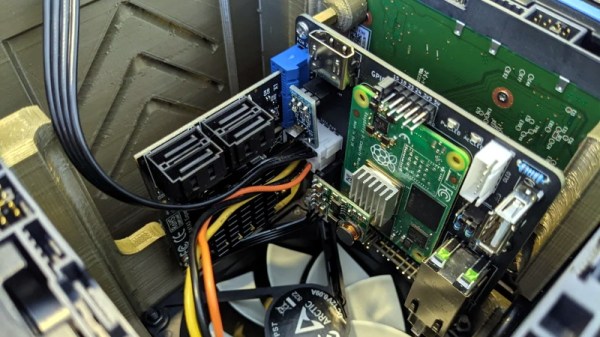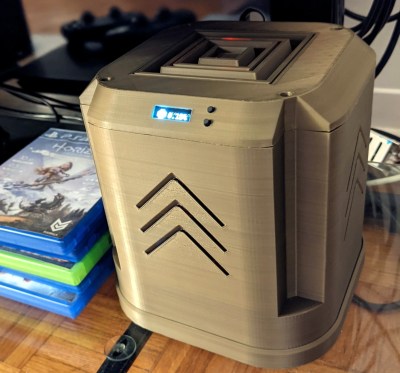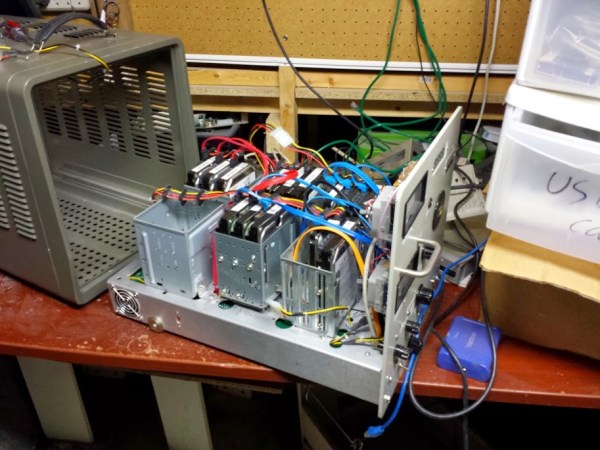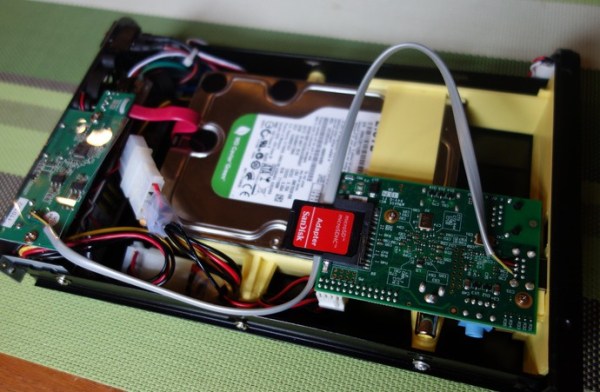When [Reit Tech] needed something to do with an old Nintendo Wii, he turned to Google. When the AI overview told him it could not be used as a server, he had his mission: prove that clanker wrong. It already runs Doom, so what else is there to do?
Of course should not that hard: Linux has been available on the Wii for years now. In fact there are several; he settles on “Arch, btw”, after trying Debian, Ubuntu, and even NetBSD. “Of course it runs NetBSD”– but NetBSD didn’t work with his USB network adapter, which is sadly as predictable as the hardware running NetBSD.
OK, it’s not vanilla Arch; it’s the Wii-Linux Continuation Project, based on ArchPOWER fork that compiles Arch for PPC. As the young YouTuber was surprised to discover, despite not being a PC or particularly powerful, the Wii has a PowerPC CPU. (He might be younger than the console, so we’ll give him a pass.) Wii-Linux couldn’t run the USB adapter either (appropriate apologies were offered to NetBSD), but it turns out the internal Ethernet adapter was available all along.
As a file server, python-based Copyparty worked flawlessly, but the rust-based Minecraft server he picked was not particularly usable. A little optimization would fix that, since you can serve Minecraft from an ESP32 and the Wii absolutely has more horsepower than that. Doubtless he could have loaded a web-server, and proved Google’s AI summary wrong, but the iPad-induced ADHD we all suffer from these days kicks in, so he settled for posting a screenshot of someone else’s blog, hosted on a Wii from NetBSD. So the LLM was wrong from the get-go, but the tour of “what home-brew loaded OSes still work in 2025” was certainly educational.
We could hunt that Wii-based blog down for you, but we’d be reluctant to link to it anyway: while the AI summary is wrong, and you can use the Wii as a server, that doesn’t mean it makes a good one. We’d don’t feel the need to inadvertently DDOS some poor unsuspecting shmuck’s Nintendo, so we’ll let you try and find it yourself.
Just be warned that all of this Wii hacking may not rest on the best of foundations. Continue reading “Yes, Gemini, A Wii Server Is Possible”

















